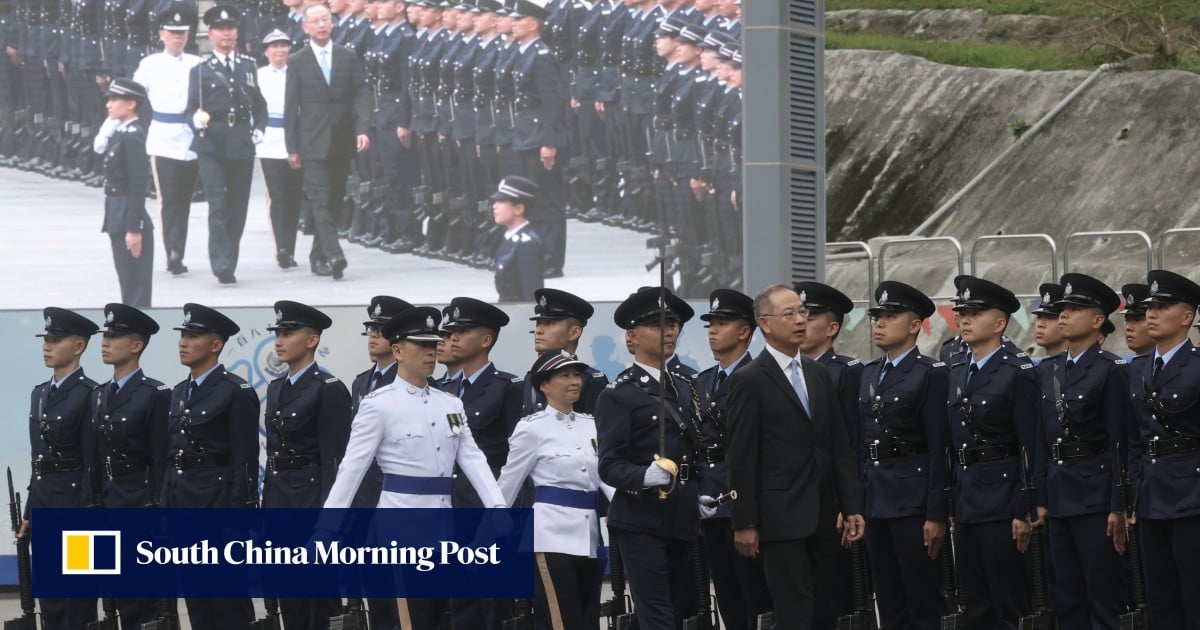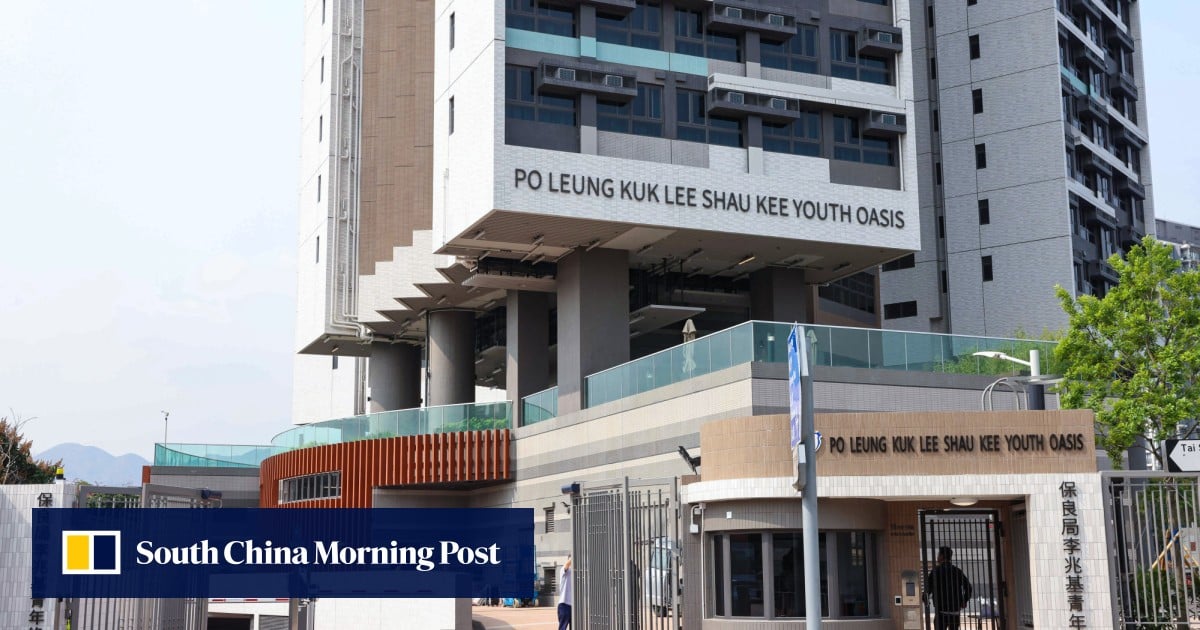The Hong Kong government, as the city’s largest employer with more than 170,000 civil servants, has a pivotal responsibility to promote inclusive employment practices. However, the representation of individuals from diverse ethnic backgrounds within the civil service remains alarmingly low; we estimate it to be substantially below their 4 per cent share of Hong Kong’s population (excluding foreign domestic helpers).
One significant barrier to entry is the stringent Chinese language requirement for police recruitment. While basic proficiency in Cantonese is a reasonable expectation for the performance of frontline duties, the current examination criteria extend well beyond practical needs. The test places undue emphasis on advanced vocabulary, grammatical corrections and complex sentence structures. This disproportionate focus on written Chinese disadvantages capable candidates who possess fluency in multiple languages and other essential skills necessary for effective police work.
Hong Kong prides itself on being a global metropolis where multilingualism should be embraced as an asset rather than a liability. Many people from diverse ethnic backgrounds are fluent in English, Hindi, Urdu, Punjabi and other languages, which could significantly enhance community policing and public engagement. Unfortunately, the current system magnifies perceived weaknesses – specifically in written Chinese – while overlooking the strengths that multilingual candidates bring to the table.
It is imperative for the government to reform recruitment assessments to ensure they are relevant, fair and aligned with the actual requirements of the job. Distinguishing between testing functional language skills and demanding academic-level proficiency is crucial. Furthermore, multilingualism should be recognised as a significant advantage rather than dismissed.


